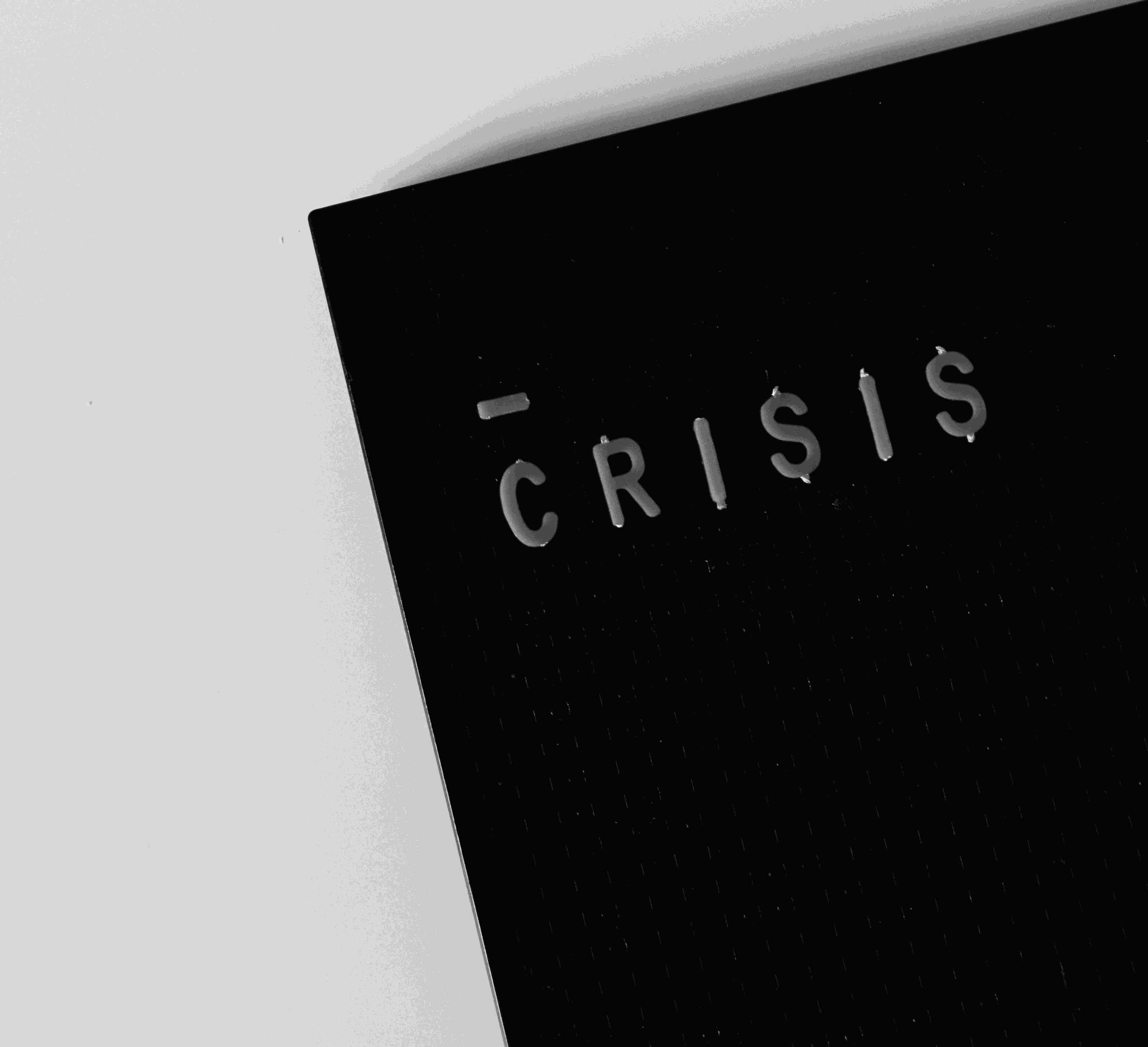A faulty product, data breach, inaccurate messaging, financial loss, or service outage could catalyze a social media crisis. Even something as seemingly innocuous as a solitary negative post or comment poses a threat to businesses both large and small daily. In today’s climate, with nearly unrestricted worldwide platforms from which to make accusations, leak information, or manufacture false accounts and claims, any crisis can rapidly become a social media crisis. These crises can strike at any time with the devastating potential to hurt your organization’s ability to do business. This is why it is crucial for all organizations to understand how to execute an effective crisis communication plan before a crisis occurs.
Organizations cannot wait until a crisis hits to commence crisis preparations, and depending on letting “common sense” guide the response to a crisis generally only worsens a bad situation. Rather than considering the perspectives of their ultimate audience, unfortunately, common sense leads most organizations to rush to defend themselves and their point-of-view. Without a clear crisis communications plan, your business is left unprepared and is more likely to experience severe and long-lasting consequences.
No brand or industry is immune to a social media crisis, and Courtroom Sciences knows that the most successful crisis preparation begins long before any issue occurs. Our crisis and litigation communications experts can help you be prepared to respond to any situation with policies and practices that protect and defend your business, brand, and reputation.
How does a common-sense approach to a crisis communication plan put businesses at risk?
Crafting what may seem to be a “common sense” response to your crisis more than likely leads to messaging that addresses the organization’s fears while ignoring the concerns of the public and other stakeholders. In the arena of public perception, people are inundated with information, and due process is all but lost. There aren’t many do-overs in crisis response. Therefore, your response to a crisis must resonate the first time. Suppose the public concludes that a company’s response is self-serving, disingenuous, or misdirected. In that case, the mob will spring into action with the intent of teaching whatever lesson they believe the organization and its leaders need to learn.
Why You Shouldn’t Rely on Common Sense for Your Crisis Communications Plan
When a potential scandal breaks, a company needs to be prepared to give its best response. Crises are inherently stressful, and individuals under stress frequently make poor decisions that may unintentionally worsen or extend a crisis. Suppose a company relies on its ability to use common sense during a crisis. In that case, it will likely find itself in a scenario where even well-intentioned business leaders rush to defend themselves or shift blame rather than considering their audience’s perspectives.
These kinds of tone-deaf or inadequate responses, driven by common sense, are generally seen by stakeholders as self-serving, disingenuous, or misdirected and can incite a crisis, causing it to spiral out of control. Your first crisis response is crucial since there are usually not second chances, and trying to repair an initial poor response often takes things from bad to worse.
Why You Need a Crisis Communications Plan
Although crises may come in many forms, they all share a key similarity: they threaten a fundamental aspect of your company, whether your company’s finances, reputation, or another primary objective. When a crisis breaks, companies must be prepared to respond swiftly and effectively, with a response focused on creating a narrative that speaks to stakeholders, assuring them that justice will prevail and pledging that appropriate steps will be taken to ensure similar incidents do not occur in the future.
Organizations prepared to handle a social media crisis can often emerge with better reputations after the crisis has passed. Responding promptly may be fundamental to your company’s ability to mitigate, manage, and recover from a crisis. Necessity requires that companies have a crisis response that resonates, utilizes psychology-based messaging to display a genuine concern for stakeholders, act aggressively to protect those interests, and display through action that its values are aligned with its key stakeholders.
At Courtroom Sciences, we know that a company’s crisis team is incomplete unless it includes social psychology practitioners and communications specialists who are adept at creating psychology-based messaging that will resonate in a crisis. Social media crises demand a sophisticated approach. Our crisis and litigation communications experts will assist in developing a highly responsive crisis response plan with policies and practices that protect and defend your company’s reputation. Speak with one of our critical communications experts to get started.
Be confident in achieving superior litigation outcomes. CSI has the expertise, track record, and capabilities to help you win.



